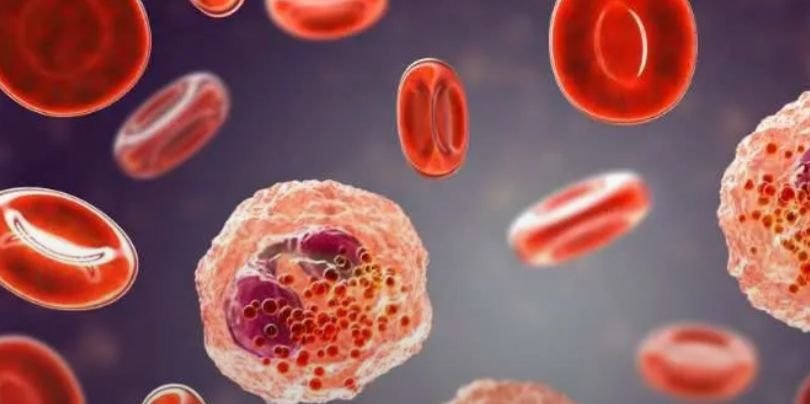
- November 14, 2024
- drsfurtimann
- 0
Eosinophilia is an unusually high number of eosinophils in your blood (greater than or equal to 500 eosinophils per microliter).
Eosinophils are one type of white blood cells in the body. They support your immune system that is part of your body’s defense system against allergens and help protect your body from fungal and parasitic infections.
Certain medical conditions and medications can cause high eosinophil counts.
Symptoms and Causes
What causes eosinophilia?
• Seasonal allergies
• Asthma
• Certain medications •
• Infections, especially from parasites.
• Auto-immune diseases like inflammatory bowel disease, autoimmune myocarditis, vasculitis and sarcoidosis.
• Certain blood cancers.
• Hereditary
What can happen if eosinophil counts are high?
Sometimes, eosinophils cause inflammation in specific areas of your body. When this happens, it’s called an eosinophilic disorder or hypereosinophilia syndrome (HES).
Specific eosinophilic disorders are named for the parts of your body that are affected.
Eosinophilic disorders include:
• Eosinophilic cystitis: This is a bladder disorder.
• Eosinophilic fasciitis: Fascia is the connective tissue that runs throughout your body.
• Eosinophilic pneumonia: This disorder affects your lungs.
• Eosinophilic gastrointestinal disorders (EGID): EGID includes eosinophilic esophagitis, which affects your esophagus, as well as disorders that affect your colon (large intestine), stomach and small intestine.
• Eosinophilic granulomatosis with polyangiitis (EGPA): This condition, also known as Churg-Strauss syndrome, affects your lungs, heart, sinuses and other organs.
• Hypereosinophilic syndrome: typically affects your heart, central nervous system, skin and respiratory tract.
Management and Treatment
We need to treat the underlying condition or issue that’s causing high eosinophil counts.
If you have high eosinophil levels because you have allergies or chronic sinusitis, your doctor may recommend allergy testing to find out what causes the allergic reaction that triggered eosinophilia.
If a medication is causing eosinophilia, your doctor will usually recommend stopping or avoiding it.
Prevention
How can I prevent eosinophilia?
• Allergies are the most common cause of high eosinophil levels.
• You can prevent allergy-related eosinophilia with treatment to control your body’s allergic reactions.
• However, there are times when eosinophilia may be a sign of an underlying condition that you may not be able to prevent.
Consult your physician if you have any symptoms related with eosinophilia or notice a high eosinophil counts in your regular blood tests.
